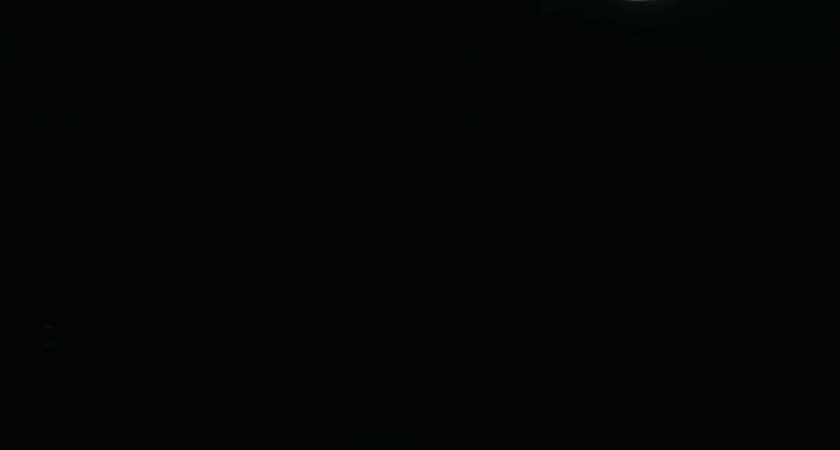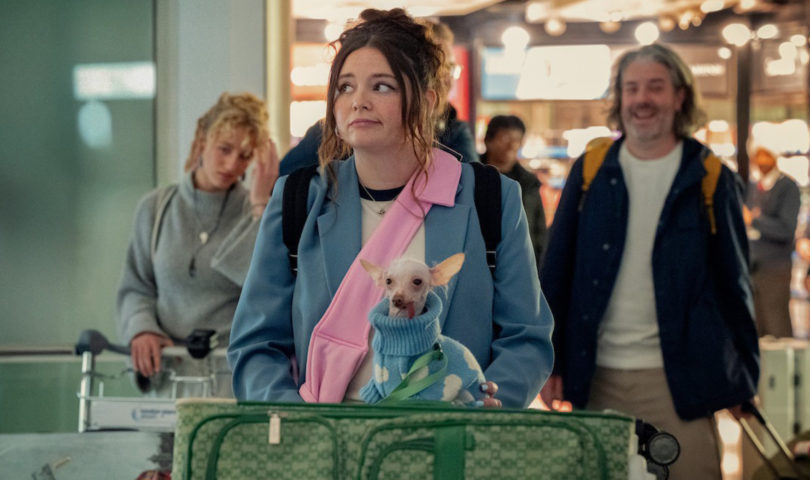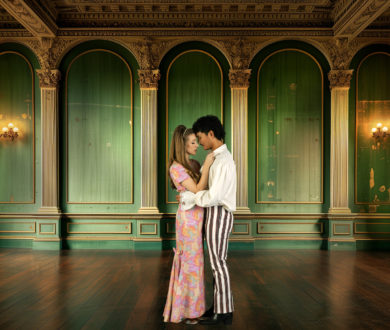She has set and broken world records (including having the most viewed YouTube music video in 24 hours), has garnered a whopping 67.9 million followers on Instagram, and together with her Blackpink bandmates, has taken K-pop to the world like no other artist before. But for New Zealander, Rosanne Chaeyoung Park (or Rosé, as she is known mononymously) global superstardom has merely been a byproduct of her determination to do what she loves: make music that means something. Now, despite being in the midst of her second world tour with Blackpink and with a hugely-successful solo debut under her belt, Rosé is only just starting to find her voice — and there are a lot of people listening.
Just like Pavlova, the lamington and Russell Crowe, Blackpink star Rosé (Rosanne Chaeyoung Park) is a New Zealand icon, despite our friends across the Tasman claiming her as their own. Born in Auckland before moving to Melbourne at the age of seven, Rosé has often highlighted the duality of her Korean upbringing down-under as something that gave her an edge when embarking on a career in Korea’s storied music industry. Over the last seven years, Rosé has risen (alongside the other members of her girl group Blackpink) to become a bona fide global superstar, and consequently, is one of our most successful pop-culture exports.
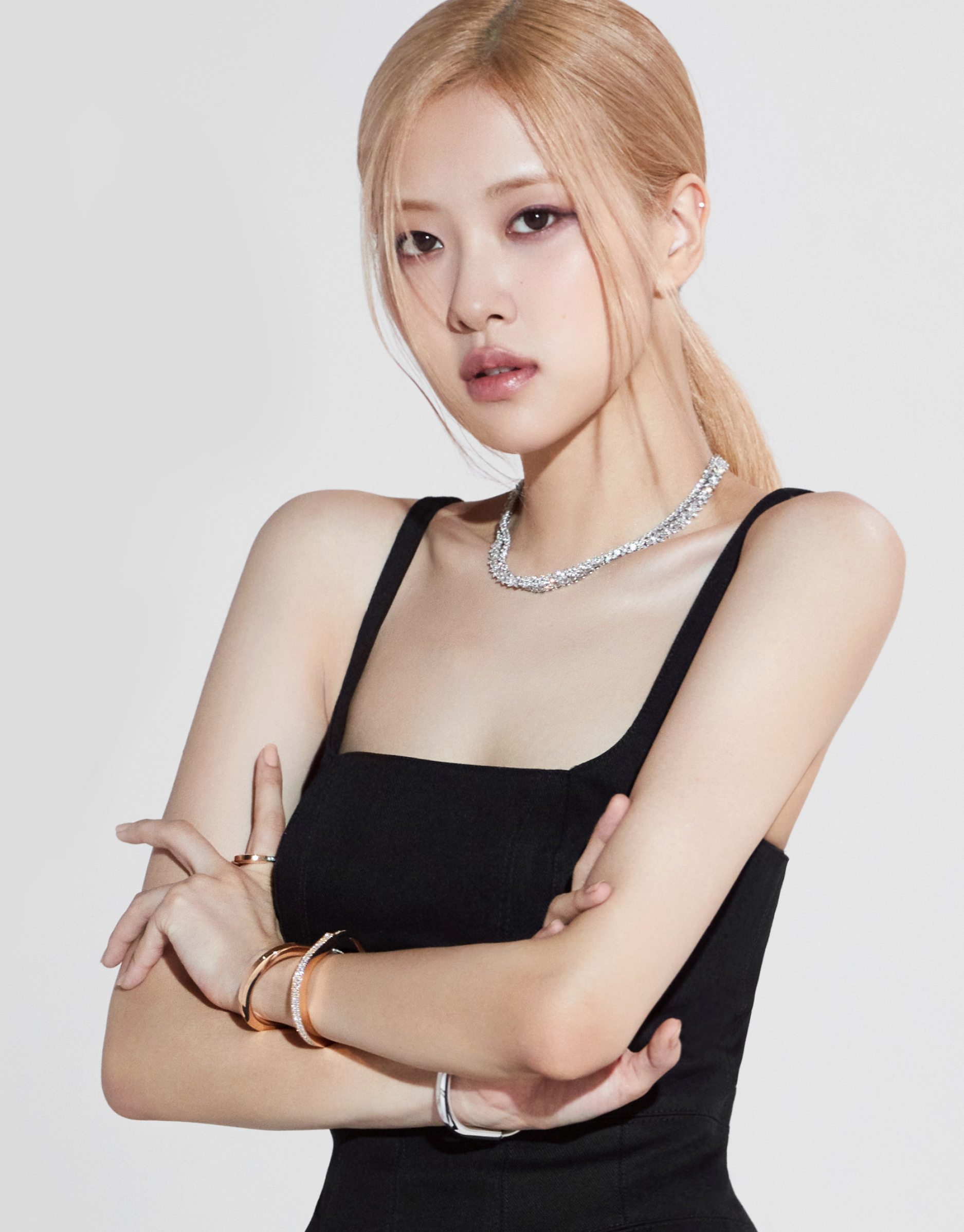
It all began when Rosé’s father encouraged his 16-year-old daughter to audition for YG Entertainment. The K-pop kingmakers from South Korea had travelled to Melbourne in search of the next big thing, and in Rosé, they found it. Two months later, she left her life and school behind to enter YG Entertainment’s notoriously gruelling trainee programme in Seoul — where those admitted were expected to undergo physically and mentally demanding classes in dance, singing and language, often with only one day off every fortnight. “I had never imagined being away from my family,” Rosé explained in the Netflix documentary Blackpink: Light Up the Sky. “I had never spent more than two weeks away from home.” But it was her father’s encouragement to take a risk while she was young (lest she regret it later) that propelled her to step into the unknown.
“Sometimes I miss my trainee days,” Rosé says in the documentary, sitting in the centre of a low-lit studio, strumming her guitar. “Back then, we were surrounded by music all the time,” she continues, “but these days we have a lot of work so I actually have to make time for this… that’s why I always do it at night, when I should be sleeping.” For anyone unfamiliar, the particular type of music performed by Rosé with her girl group Blackpink (formed during her trainee days at YG) is K-pop (or Korean pop) — a genre distinguished by its formulaic approach and maximalist visual and sonic qualities. It is a subset of pop beloved for its high-energy performers, slick videos, meticulous choreography and songs that marry elements of American pop with R&B, hip-hop and electronic dance music, often in a single track. A typical K-pop song offers a sound so crisp and layered and fantastical that it can border on the absurd — but once you start listening, it is hard to stop.
“That potent superstar-next-door combination has been the propeller behind Rosé’s eye-watering rise as well as her musical evolution. And while her notoriety will continue to grow, it’s clear that Rosé will always keep the important things close”.
For Rosé, the road to superstardom was swift and significant. Blackpink debuted with YG Entertainment in 2016 and quickly saw Rosé, along with her bandmates Jennie, Jisoo and Lisa, become vehicles for taking K-pop to the Western world in a way that had never been done before. To lend some context around just how famous this group and its members are, and how impactful their music has been, Blackpink was the first Korean group to reach one billion views and 20 million subscribers on YouTube. (Although this year it smashed that record to become the first group to reach 75 million subscribers.) It was also the first K-pop girl group to perform at Coachella and has released singles with the likes of Selena Gomez, Dua Lipa and Lady Gaga. In 2020, it claimed three Guinness World Records for the astronomical YouTube views on its ‘How You Like That’ music video, and later that year, was the first female K-pop group to win a MTV Video Music Award. In October 2022, it became the first K-pop girl group to take the number one spot on the Billboard 200 chart with its new album Born Pink, and at a similar time, was named Spotify’s most-streamed girl group of all time. Later this year, Blackpink will become the first Asian act ever to headline Coachella — the festival that, so many years before, had thrust its members into the global spotlight.
While the wider K-pop machine has spent years spitting out a number of influential group and solo acts, it wasn’t really until Blackpink that its appeal spread beyond the borders of Korea. As Jon Caramanica wrote recently for The New York Times, “The smorgasbord of Blackpink… was at least in part a reaction to an earlier wave of girl groups that helped establish K-pop’s ambitions and scale, but whose dalliances with Western influence were more glancing.”

Blackpink’s popularity grew, in part, thanks to the proliferation of social media at the time the group launched, but it was also due to Blackpink’s specific members, both individually and for the synergistic way they worked together. Blackpink presents a more modern take on the classic ‘girl group’ trope, where instead of ‘scary,’ or ‘sporty,’ or ‘posh,’ it is split into ‘vocalists’, ‘rappers’ and ‘dancers’ to harness the strengths of each member. Almost more importantly, each girl has a specific image to portray off stage as well, with prolific K-pop journalist Tamar Herman articulating on The New York Times’ podcast, Popcast, how K-pop groups have almost become fashion influencers first, performers second.
Rosé, for instance, has long been an ambassador for Tiffany & Co., regularly fronting the brand’s campaigns for collections like HardWear and Lock. For this brand in particular, the popstar’s bold personality and modern elegance were the perfect combination to represent its message, while for Rosé, Tiffany & Co. was a brand she had worn (and loved) since high school. “To be part of such an iconic brand that has been a part of my life for a long time makes it that much more special to me,” she says. The partnership is a heady collision of Rosé’s contemporary culture with Tiffany & Co.’s historic gravitas — and has aided in propelling the former towards becoming a household name around the world.
Here, the idea of the girl group has been repackaged to not only meet the demands of modern audiences but to capitalise on the contemporary commercial landscape, too. Blackpink’s specific discography of pristine melodies and addictive hooks, paired with the appeal of each member, has not only garnered them legions of dedicated fans (known as ‘blinks’), but has cultivated careers for each that go much further than music alone.
That said, for Rosé, who presents as the more quiet, creative type among her Blackpink cohort, the music has always been her first love. Talking to Haeryun Kang for Rolling Stone last year, the pop star said, “It starts with my love for music; that’s what makes me happy… I love to just sit and sing…it’s something that calms me down.” In the aforementioned Netflix documentary, there is a sequence in which Rosé is in the studio with Blackpink’s longtime producer, Teddy Park, trying to record some of her own tracks. “When it comes to writing songs,” Park says, “Rosé has certain stories in mind that she’s shy about sharing… its super personal to her, it’s like her diary.” In fact, much has been written about Rosé’s propensity for shyness and embarrassment when it comes to putting herself out there musically. “I’ve always been so afraid of getting in the studio or writing something,” Rosé admits, “[but] I really have a lot of respect for the music so I don’t want to be another girl who just sings and tells people that I write music. That’s the last thing I want to be.”
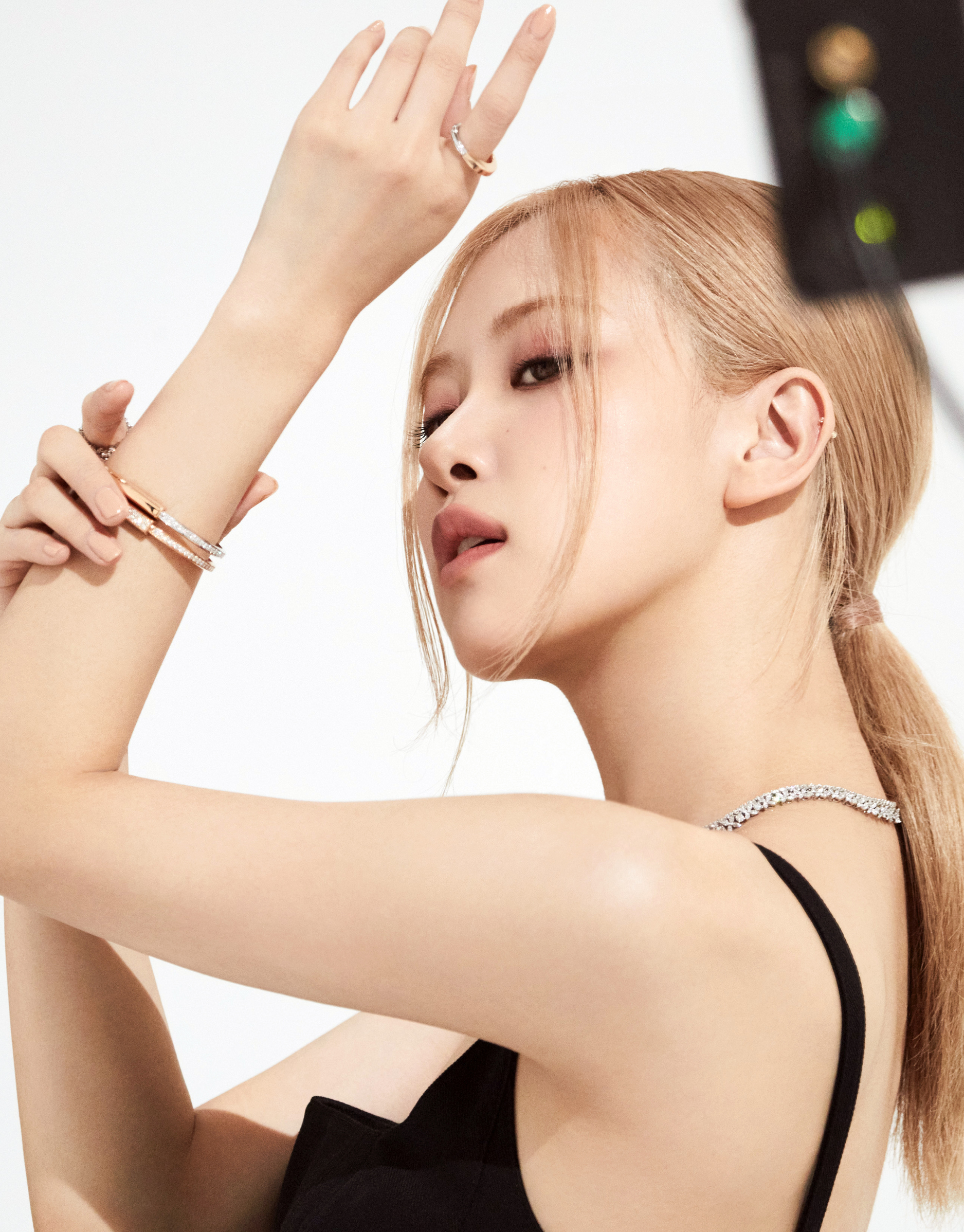
Making good on her dream to have her musical vision realised, Rosé embarked on a solo endeavour in 2021 (commonplace for those in K-pop groups), a project she says was born out of the time she spent in lockdown. “I used that time to get to know myself better,” she admitted to Rolling Stone, “[I asked] how do I deal with myself in a room that is quiet?” The result was R, Rosé’s debut single album that broke two Guinness World Records immediately after its release. It marked a clear musical departure for the K-pop star and an opportunity for her to shed the fast-paced, glossy sound of Blackpink and embrace a more vulnerable subject matter and subdued timbre. “I’ve gone through many things in my life,” Rosé explained on her YouTube channel at the time of the release, “through that… I realised that the most important thing in music is to portray my life experiences and stories and find my voice… music, to me,
is comfort.”
The breakaway song from that album, ‘On the Ground’ saw Rosé contemplate the follies of chasing fame including forgetting about what was really important, and broke the record as the most-viewed K-pop music video over a 24-hour period. “Everyone wants to be more successful… We all have dreams within ourselves, right? Rosé said on her YouTube channel at the time. “[But] maybe what we’ve been chasing isn’t necessarily up here at the top… maybe what we truly need is already in our hands, back here on the ground.”
Because for all the chart-topping tracks, the world records, stadium shows and fanatical fandom, Rosé seems to find her centre by returning to her antipodean roots. As Gladys Lai wrote last year in Vogue Australia, “Rosé… herself speaks with a groundedness that makes you wonder if she’s even aware of her astronomic celebrity.” Indeed, from the perspective of those of us who live in this part of the world, Rosé’s obscurity-to-icon success story has joined that mythical canon of antipodeans punching above their weight; a time-honoured narrative that references our down-under propensity to temper megafame with a humble attitude.
“Rosé is bricolage,” Lai continued in her piece, “[she is] an Auckland-born pianist, a Melbourne local and an international megastar.” That potent superstar-next-door combination has been the propeller behind Rosé’s eye-watering rise as well as her musical evolution. And while her notoriety will continue to grow, it’s clear that Rosé will always keep the important things close. “At the end of the day, you gotta sit down and remember that everything we need is… hanging out with the people we love, doing the things we love,” she said, in the final moments of her Rolling Stone interview. “Music can be big and that’s very exciting; we love that because it creates a movement and we can gather people together… But then [we have to ask] how did we get here?”


